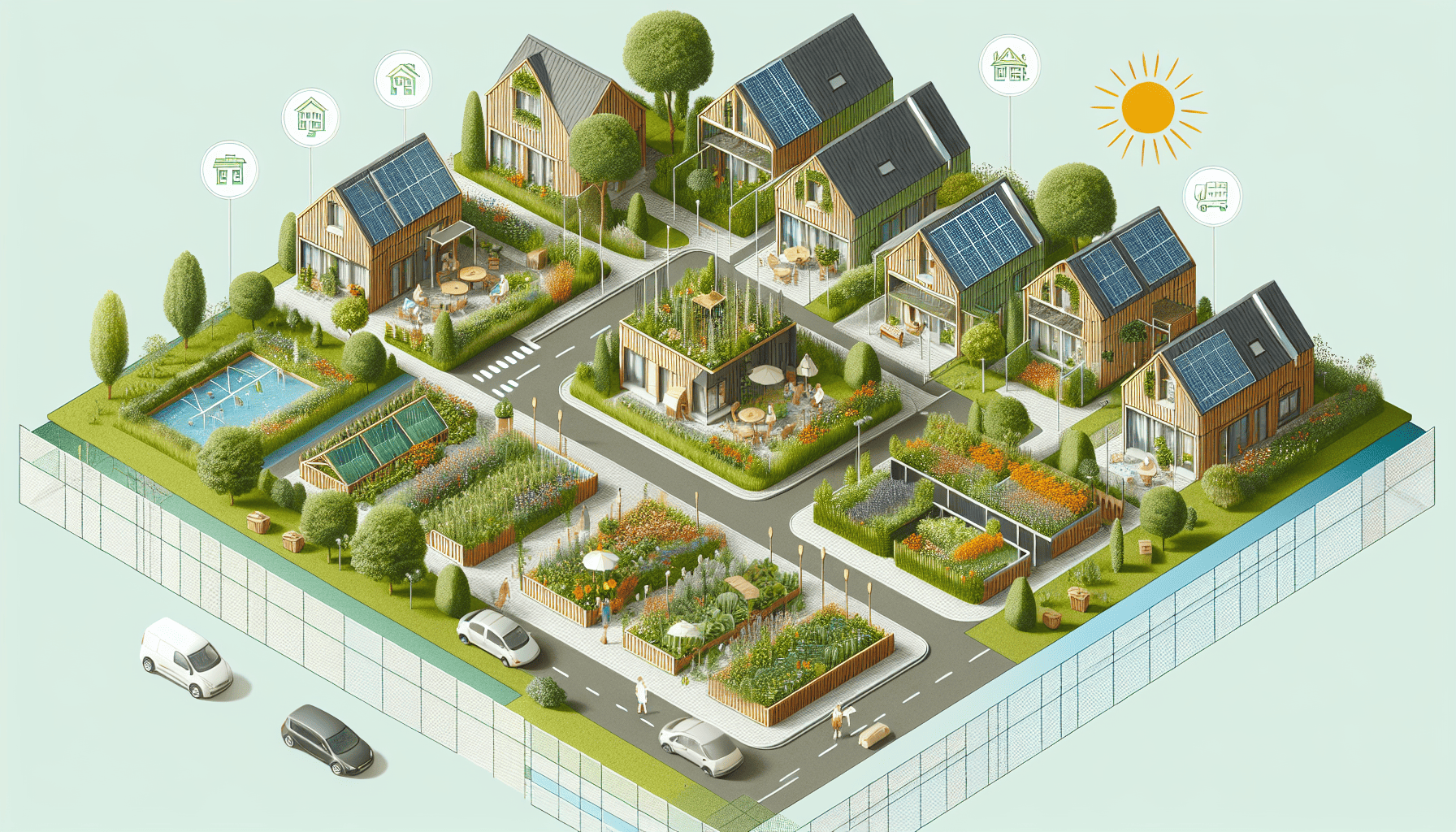As the world grapples with the dual challenges of urbanization and climate change, sustainable housing initiatives have emerged as a crucial frontier in addressing both issues. These initiatives aim to provide affordable housing solutions while minimizing environmental impact, thereby fostering communities that are both inclusive and resilient.
One of the most promising approaches is the integration of green building technologies. These technologies focus on reducing energy consumption and utilizing renewable resources. For instance, solar panels and passive solar designs are being incorporated to harness natural light and heat. Additionally, the use of high-quality insulation materials and energy-efficient appliances further reduces energy needs, translating into lower utility costs for homeowners.
Another groundbreaking initiative is the use of modular construction. This method involves prefabricating building sections in factories and assembling them on-site. This approach not only significantly reduces construction waste and time but also cuts costs, making homes more affordable. Moreover, modular construction allows for greater flexibility in design, which can be customized to meet the specific needs of different communities.
The incorporation of sustainable materials is also gaining traction. Builders are turning to recycled and locally sourced materials to reduce the carbon footprint associated with transporting new materials. Bamboo, recycled steel, and reclaimed wood are becoming popular choices due to their durability and low environmental impact.
Innovative financing models are also playing a critical role in making sustainable housing more accessible. Shared equity schemes and green mortgages are designed to lower the financial barriers for first-time homebuyers. These financial products often come with benefits such as reduced interest rates for energy-efficient homes, incentivizing sustainable living practices.
Community-driven projects are fostering collaboration and innovation. In cities around the world, local governments and non-profit organizations are working together to convert underutilized spaces into vibrant neighborhoods with affordable housing. By engaging residents in the planning and implementation processes, these projects ensure that the housing meets the needs and preferences of the community, leading to more sustainable living environments.
The potential for sustainable housing initiatives is vast, but challenges remain. Upfront costs for green technologies can be high, and regulatory hurdles may impede progress. To overcome these barriers, there is a need for collaborative efforts across sectors – involving policymakers, architects, financial institutions, and the communities themselves.
In conclusion, sustainable housing initiatives represent a transformative approach to developing living spaces that prioritize both environmental stewardship and social equity. As these initiatives continue to gain momentum, they pave the way for a future where everyone has access to safe, affordable, and sustainable housing.
